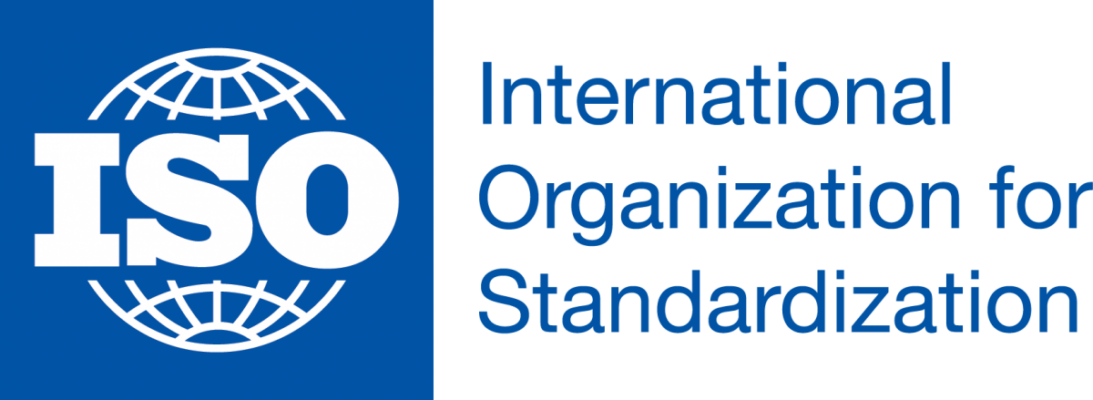ISO STANDARDS AND TRANSLATION

One of the main criticisms of the ISO is that it focuses exclusively on processes rather than products. It would thus be theoretically possible for a company which produced low-quality goods to be ISO certified on the basis of its processes alone.
In the case of the translation industry, this risk is minimised. As we have discussed at length above, much of a given LSP’s expertise will reside in the processes by which the final translation is arrived at. The ISO is thus better suited to the translation industry than many others, in the sense that the ‘product’ is essentially indivisible from the ‘process’.
It is still important to note, however, that ISO 9001:2000 cannot guarantee the quality or accuracy of a specific translation.
What it can guarantee is that you will receive a high-quality, professional service, managed and measured in an objective manner.
The ISO 9001:2000 standard requires that some form of measuring customer satisfaction is directly incorporated into the company’s core processes, as well as procedures for dealing with customer feedback. Also, the quality of the suppliers (in this case the translators who carry out the work for the agency) must be objectively measured on a regular basis.
Therefore, although an ISO 9001:2000 certified translation agency cannot necesarily guarantee the quality of a particular translation, it can guarantee the quality of its service and that procedures are set in place that help provide an environment which encourages a high-quality product. In such a subjective industry, this is as objective as it gets.
Providing this kind of peace of mind is what differentiates an ISO certified company from the rest.

